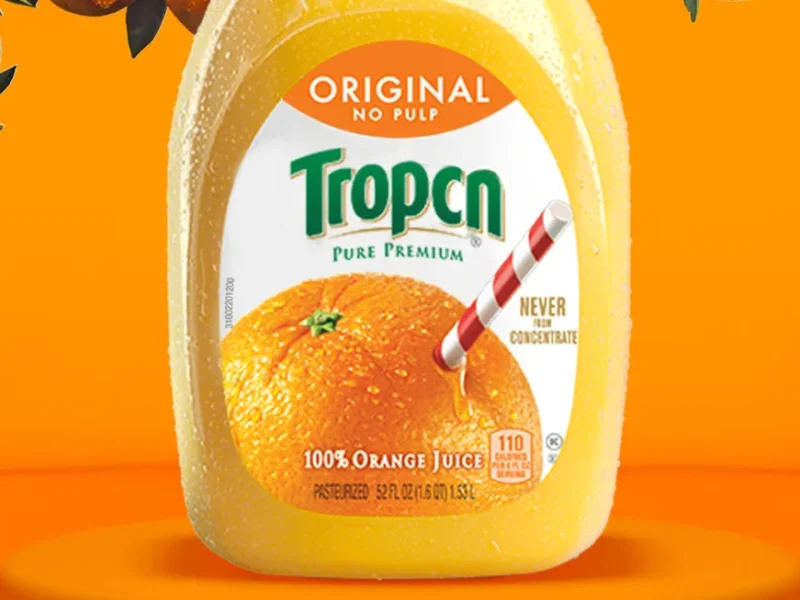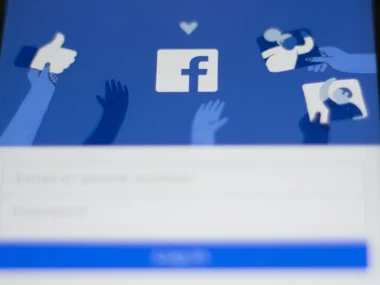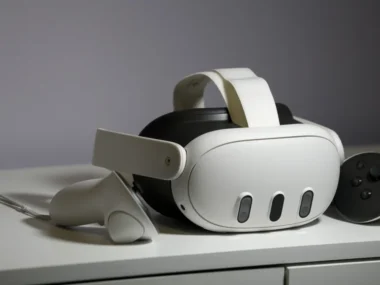Artificial intelligence is expected to be a prominent topic at this week’s Consumer Electronics Show, but there’s one company that is intentionally distancing itself from it.
Tropicana, the leading orange juice manufacturer, is launching limited-edition bottles that omit the letters “A” and “I” from its brand name, spelling it as “Tropcn,” to draw attention to its natural ingredients.
This clever marketing tactic aims to emphasize that there are no artificial components in the brand’s orange juice, as highlighted in a press release.
Tropicana has strategically chosen to distribute these altered bottles at CES in Las Vegas, where it has stationed a truck to distribute the juice during the event. Additionally, they have hidden 100 of these bottles across the United States in grocery stores owned by Kroger, including flagship stores like Fry’s and Fred Meyer.
Tropicana is known for its innovative approaches to promote its 77-year-old brand, especially given evolving consumer preferences. Consumers are increasingly seeking beverages with lower sugar and calorie content compared to traditional orange juice.
Some consumers have moved away from regular fruit juices, once considered healthy, as they are now seen as sources of empty calories and sugar. Modern preferences have shifted towards fresh-pressed green juices, enhanced water, and protein-rich beverages.
Neil Saunders, a retail analyst and managing director at GlobalData Retail, noted that Tropicana has been losing market share over time to private label products and niche brands perceived as more natural. He believes that Tropicana’s recent marketing campaign aims to underscore the natural qualities of its products, aligning with consumer preferences for items free from artificial ingredients.
In 2021, PepsiCo sold a controlling stake in Tropicana for a $3.3 billion deal to a private equity firm, signaling the company’s increased focus on lower-calorie beverages like sodas and waters.
PepsiCo’s juice business, which included brands like Naked, had been a drag on its financial performance. While sales of orange juice saw a slight increase last year due to the pandemic, they have been steadily declining over the past decade.











